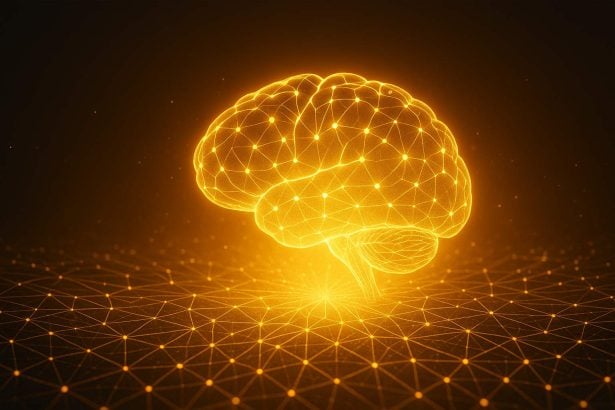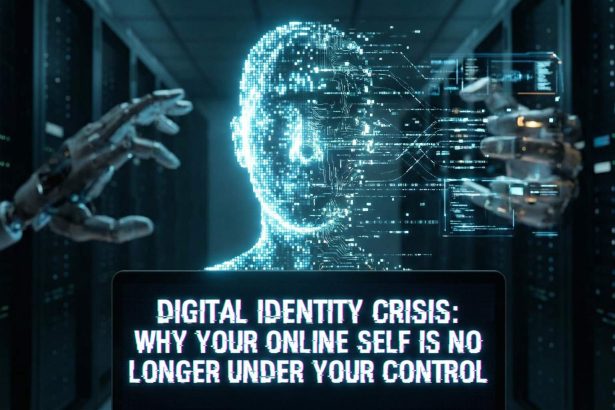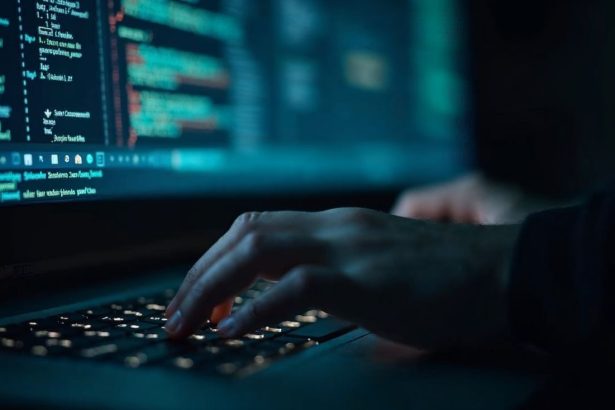From awareness to education
When the Cambridge Analytica story broke in 2018, it shocked the world.
Millions learned, often for the first time, that their social media activity — every like, click, and comment — could be turned into psychological insights and political propaganda.
- From awareness to education
- The meaning of digital literacy
- The invisible curriculum of the Internet
- Teaching skepticism, not cynicism
- The role of schools and universities
- The challenge of algorithmic literacy
- Empowering teachers and parents
- The global perspective
- Beyond education: creating a culture of reflection
- The future of informed citizenship
Yet, awareness alone isn’t enough.
To protect themselves in the digital age, people need skills — the ability to question, verify, and understand how technology shapes thought and behavior.
The meaning of digital literacy
Digital literacy is more than knowing how to use a smartphone or computer.
It’s about understanding how information flows, how algorithms filter it, and how data is collected and monetized.
It’s about recognizing manipulation and making informed decisions online.
In the post-Analytica era, this form of literacy is as essential as mathematics or language arts.
The invisible curriculum of the Internet
Social media platforms are not neutral spaces — they are classrooms where invisible lessons are taught every day.
They teach what gets rewarded (likes, shares) and what gets ignored.
They shape how we express ourselves and how we perceive others.
Without critical thinking, users unconsciously absorb these lessons, mistaking engagement for truth and virality for credibility.
Teaching skepticism, not cynicism
The goal of digital education is not to make people distrust everything online, but to teach them to verify.
Students should learn how to check sources, recognize bots, and identify emotional manipulation.
Healthy skepticism empowers; blind cynicism paralyzes.
The Cambridge Analytica scandal showed what happens when people don’t question what they see — or why they’re seeing it.
The role of schools and universities
Many educational systems are beginning to integrate digital literacy into their curricula.
Lessons on online privacy, media ethics, and data rights are now appearing alongside traditional subjects.
Universities have launched programs in digital ethics and algorithmic accountability, preparing future journalists, engineers, and citizens to navigate a complex digital society.
The challenge of algorithmic literacy
Algorithms determine what content users see — yet most people don’t understand how they work.
Algorithmic literacy means understanding that these systems optimize for engagement, not accuracy.
Teaching this helps people recognize that their feeds are personalized mirrors, not objective windows into reality.
Empowering teachers and parents
Adults play a critical role in shaping the next generation’s relationship with technology.
Teachers and parents must model responsible behavior — discussing privacy settings, online ethics, and the importance of unplugging.
The best digital education starts with conversation, not censorship.
The global perspective
Digital literacy is not equally distributed.
In many parts of the world, access to information outpaces access to education about that information.
This imbalance creates fertile ground for manipulation — the same dynamic exploited by Cambridge Analytica.
Global cooperation is needed to ensure that digital literacy becomes a universal right, not a privilege of wealthy nations.
Beyond education: creating a culture of reflection
Teaching digital literacy is only part of the solution.
Societies must cultivate a culture that values reflection over reaction — slowing down in a world designed to accelerate.
Platforms profit from immediacy; democracy depends on deliberation.
Digital literacy bridges that gap.
The future of informed citizenship
In the 21st century, being a good citizen means being an informed one.
Understanding how data, algorithms, and media ecosystems work is essential for meaningful participation in democracy.
The Cambridge Analytica scandal was a warning — a reminder that freedom requires education, and that digital ignorance is the new illiteracy.
Takeaway: The Cambridge Analytica scandal turned digital literacy into a moral necessity.
Teaching people — especially the young — to think critically online is the best defense against manipulation and misinformation.
Awareness is not paranoia; it is empowerment.







